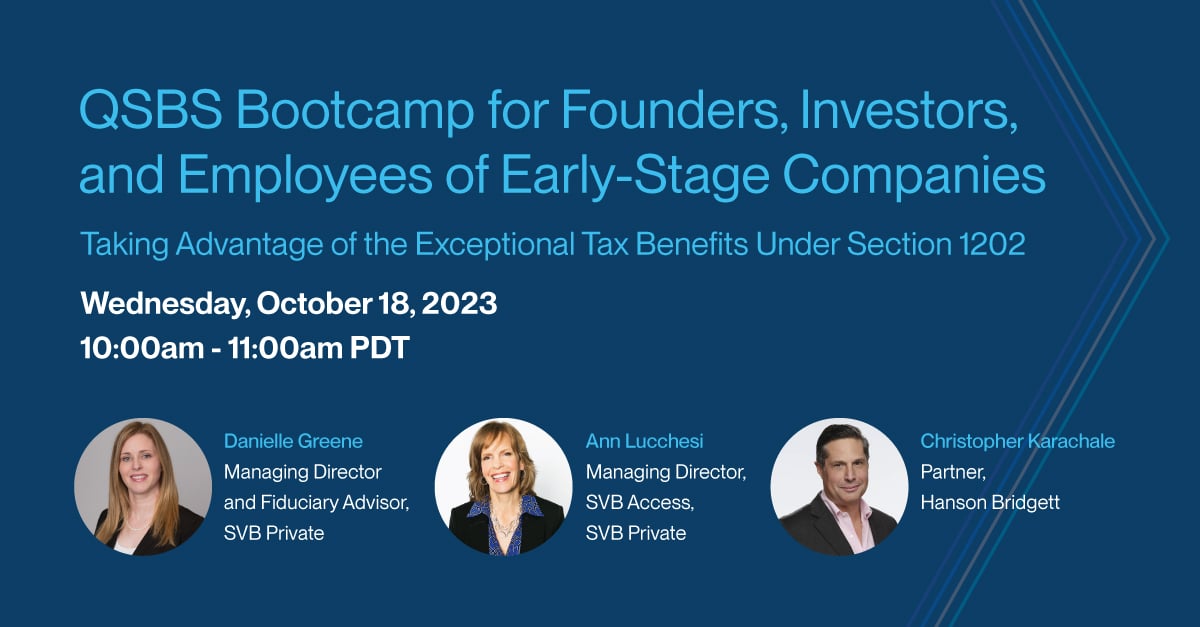We’re pleased to provide you with insights like these from Boston Private. Boston Private is now an SVB company. Together we’re well positioned to offer you the service, understanding, guidance and solutions to help you discover opportunities and build wealth – now and in the future.
How to reap the benefits without incurring penalties
A part of the Washington policy series
The opportunity zone (O Zone) program was enacted over two years ago as part of the Tax Cuts and Jobs Act of 2017. Designed to provide tax deferrals on capital gains for reinvestments into select low-income areas across the country, the program’s many revisions, instead, created confusion and trepidation over eligibility and requirements.
After almost two years of ambiguity, the Trump administration released final rules governing opportunity zones, a move that experts say will lead to increased interest and investment in the program.
The Treasury has provided more details, outlining the types of property and businesses that qualify for the tax breaks, expanding deferral opportunities for O Zone funds and listing penalties for violating those rules.
A part of optimizing tax efficiency and pursuit of investment opportunity, we see the opportunity for investors to realize capital gains and other tax savings by reinvesting their capital gains into O Zone funds that invest in one or more of the 8,700 zones designated by the Treasury Department as economically disadvantaged.
“These regulations provide clarity and certainty for investors, which will enhance the flow of capital to new and expanding businesses and create sustained economic growth in communities that have been left behind,” summed up Treasury Secretary, Steven Mnuchin.
While the newly-provided clarity is spurring increased interest in O Zones, it is important for investors to understand the rules, including timing and which investors are eligible to participate.
Highlights:
- A taxpayer may invest the gains from each sale or exchange of business property, depreciable property and real property (buildings, machinery, land, and leaseholds) used in a trade or business and held at least one year, without regard to year-end netting of gains and losses.
- Shareholders who receive dividends from mutual funds and real estate investment trusts can start the 180-day reinvestment period when they receive the gains. This provision provides additional time to reinvest these gains in O Zone funds.
- Partners in a partnership, shareholders of an S corporation, and beneficiaries of estates and non-grantor trusts have the option to start the 180-day period, in which they must rollover capital gains to an O Zone fund, on the due date of the entity’s tax return, not including extensions. This change, for example, addresses taxpayer concerns about missing the 180-day reinvestment window because of a delay in receiving a Schedule K-1 from a partnership.
- Capital gains from installment sales can be reinvested in O Zone funds when received, even if the initial installment payment was received before 2018, the effective date of the new law.
- The deferral of taxes on capital gains reinvested in an O Zone fund is only available on gains taxable in the United States.
- Nonresident aliens and foreign corporations may make O Zone investments with capital gains that are connected to a U.S. trade or business. This includes capital gains on real estate assets taxed to nonresident aliens and foreign corporations under the Foreign Investment in Real Property Tax Act rules.
- You can apply the regulations in filing your 2018 and later tax returns.
Opportunity Zone investment regulations can be complex. Be sure to consult with your tax advisor regarding the application of these provisions for your tax situation.















